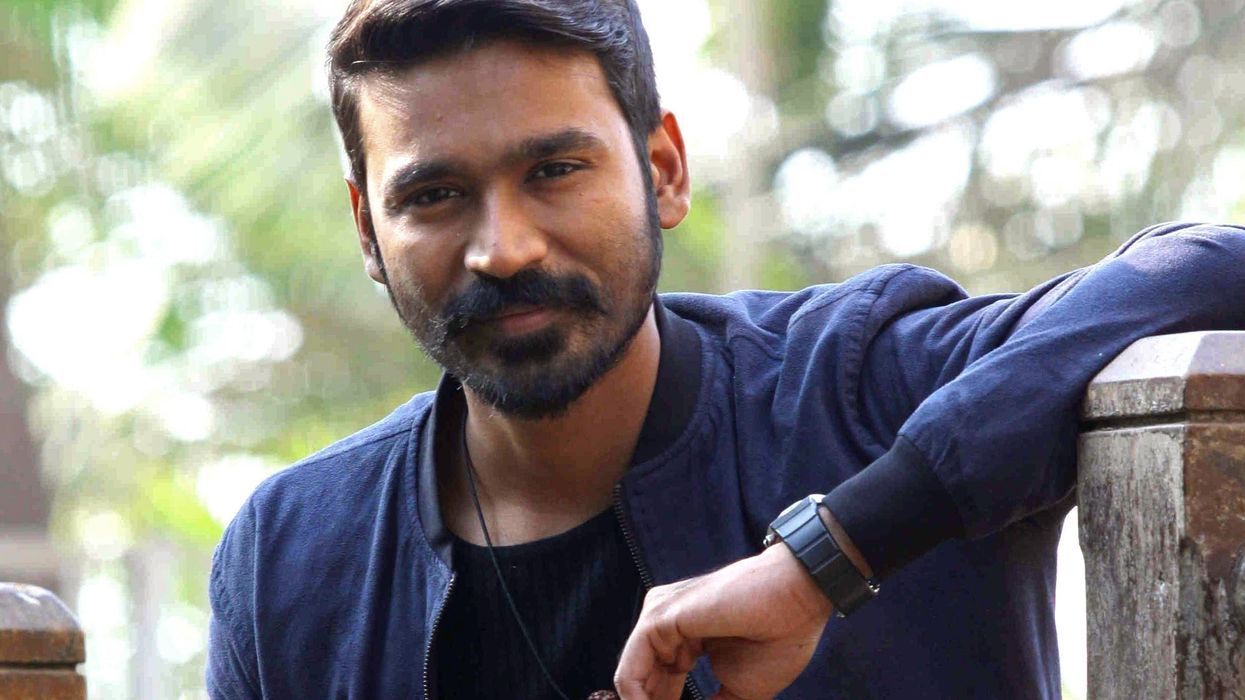By: Mohnish Singh
Dhanush on Monday won his second National Film Award for his 2019 film Asuran, directed by Vetrimaaran. On Tuesday, the actor took to his Twitter handle to express his happiness over winning the prestigious honour for the second time.
“I woke up to this amazing news of being honoured with the prestigious National Award for Asuran. To win one Best Actor award is a dream, to win two is nothing short of a blessing. I never imagined I would come this far,” the actor wrote.
Dhanush, who is currently in the United States shooting for his upcoming Hollywood film The Gray Man alongside Chris Evans and Ryan Gosling, thanked his parents and brother Selvaraghavan, who he considers as his first acting guru.
The actor also thanked director Vetrimaaran for giving him the opportunity to act in Asuran. “Vetri, I never thought when I met you at Balu Mahendra sir’s office that you would become a friend, companion and a brother. I am so proud of the four films we have worked on together and the two films we have produced together. I am very glad you chose to believe in me so much and I chose to believe in you. Now, I can’t wait to hear what you have written for me next. A big hug,” he added.
Dhanush and Vetrimaaran first teamed up for the latter’s directorial debut Polladhavan in 2007. Dhanush won his first National Award for Best Actor for his performance in the film Aadukalam (2011), which was also directed by Vetrimaaran.
Asuran was also the Best Film in the Tamil language at the National Awards. Dhanush shares the Best Actor award with Bollywood actor Manoj Bajpayee, who won the award for his performance in Bhonsle. Bajpayee won his third National Award at the ceremony held in New Delhi.




